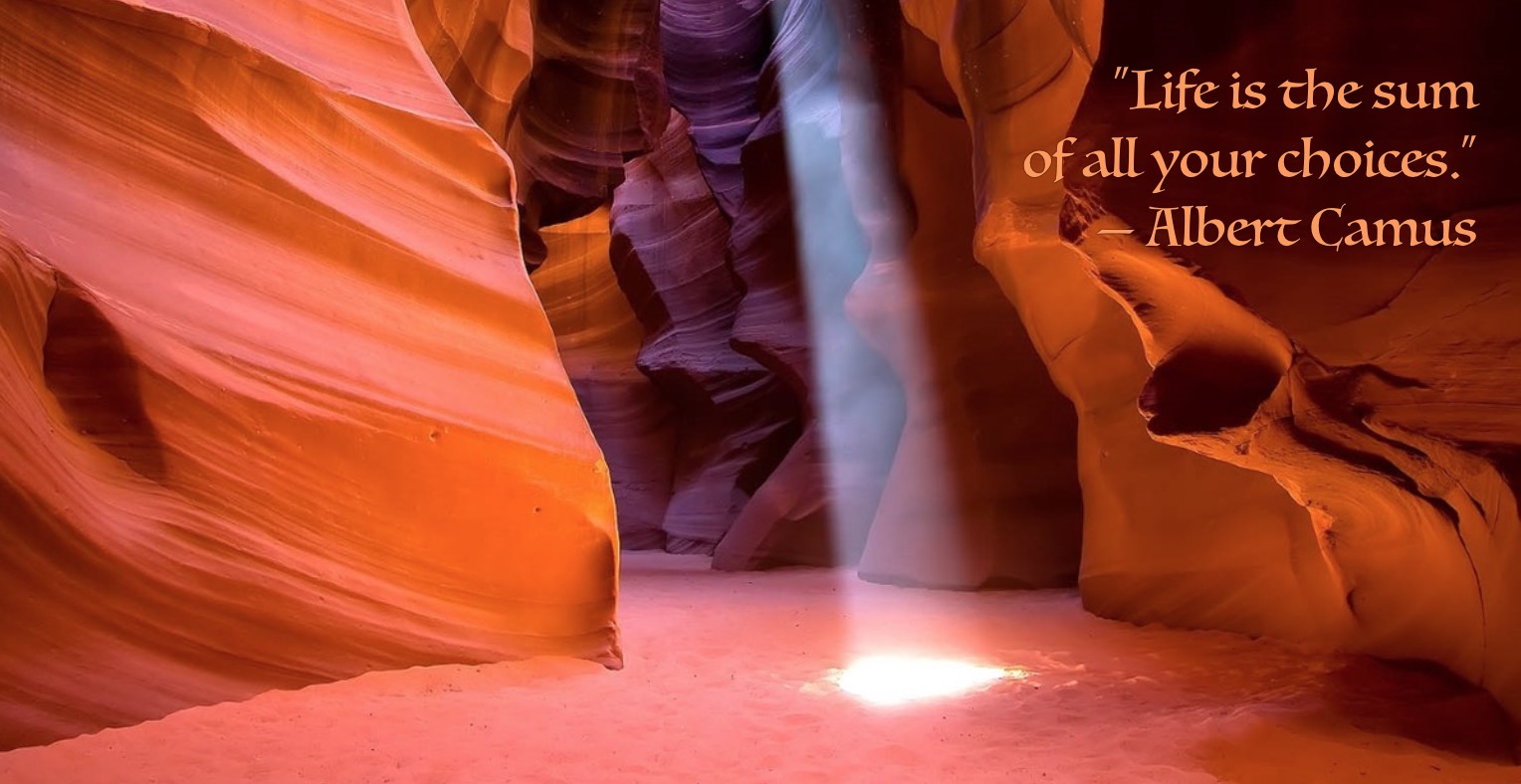After my more environmentally-focused talks, I often get a question along the lines of “I’m just one person out of billions on the planet – how can anything I do make any difference?” I always try to emphasise that it all makes a difference.
Part of the problem here is our preference for instant gratification: for many people, we want to see results, and we want to see them quickly. The human brain is not well wired to appreciate the subtle accumulation of tiny actions over time and across large populations. Per Daniel Kahneman’s WYSIATI (we think that What You See Is All There Is), we do not have a strong relationship with lines of causality stretching into the past or into the future, nor for events taking place in far-distant parts of the world.

My rowing voyages brought home to me, in a deep and visceral way, how oarstrokes, 3-hour rowing shifts, and days and months of rowing add up to a significant result – and likewise how skipping rowing shifts or cutting them short can also accumulate. For better or worse, it’s the little habits that add up to big differences.
But you don’t have to be an ocean rower to see this. We all see it, whether it is the accumulation of surplus calories around our middle, or an addiction that leads to a predictable (and yet somehow always unexpected) disease, or even a distressingly large credit card balance made up of many, seemingly insignificant amounts. It seems that as humans we’re destined to be constantly surprised by the impacts of accumulation.
Most of our environmental issues have resulted from an array of tragedies of the commons, where individuals act out of self-interest, taking just a little bit of a shared resource – a few fish from the sea, or a few trees from the edge of the forest – or polluting just a little bit – one plastic water bottle a day, or a few extra leisure flights each year – and these individual self-interested actions accumulate to create a major impact, until the resource is exhausted or extinct. (More examples here.)
At TED Mission Blue, I pointed out the negative aspect of accumulation:
“Generally, we haven’t got ourselves into this mess through big disasters. Yes, there have been the Exxon Valdezes and the Chernobyls, but mostly it’s been an accumulation of bad decisions by billions of individuals, day after day and year after year. And, by the same token, we can turn that tide. We can start making better, wiser, more sustainable decisions. And when we do that, we’re not just one person. Anything that we do spreads ripples.”
And related it back to the metaphor of a rowing voyage:
“Every action counts. Each of my ocean crossings takes about a million oarstrokes. I could have stood under the Golden Gate Bridge and said “one stroke isn’t going to get me anywhere”. But you take a million, or 7 billion, tiny actions, and you string them all together, and you really can achieve almost anything.”
This power of accumulation emphasises the importance of good habits. Humans are creatures of habit; hard thinking (Kahneman’s System 2) costs the brain a lot of calories, so it automates as much as it can into default routines, which are hard to disrupt.
In my experience, the best way to create better habits is to make them a matter of identity. I learned this on the boat. I don’t especially like physical exercise, so it was always a battle of willpower to get myself to row for 12 hours a day. But then I realised that I wanted to be able to look back at my time on the ocean and feel proud of how I had conducted myself. I wanted to identify as a person who could show up in a professional way, demonstrating commitment and discipline.
Kahneman highlights the difference between feeling “happy in one’s life” and “happy about one’s life” (see his TED Talk). We each have a preference somewhere on the continuum between these two extremes. The pure hedonist wants happiness in the moment, while the ascetic wants to feel they’ve led a good life. I found that I skewed sufficiently towards the latter that I could overcome my dislike of exercise, knowing that I was serving my longer-term purpose of being able to look back without shame or regret.
So if I wanted to identify as a professional adventurer, I had to show up and be professional. If I want to identify as an environmentally conscious person, I have to remember my reusable grocery bag, bottle, and cup when in public; I choose an economical car; I don’t fly unnecessarily.
As well as helping us develop positive habits, this habit/identity philosophy enables us to spread ripples of change without preaching. By consistently being the change we want to see in the world, we take the yin approach, rather than the yang way which involves talking about it, or trying to force other people to change through legislation or brute force. We can see in the United States how a significant proportion of conservatives respond to the perceived finger-wagging of the liberals; they become ever more entrenched in their views, and take a perverse pleasure in behaving and voting against the liberal agenda, even when it involves cutting off their nose to spite their face.
Trying to persuade other people to change very rarely works. Being the change just might.
So what kind of change are you being?


